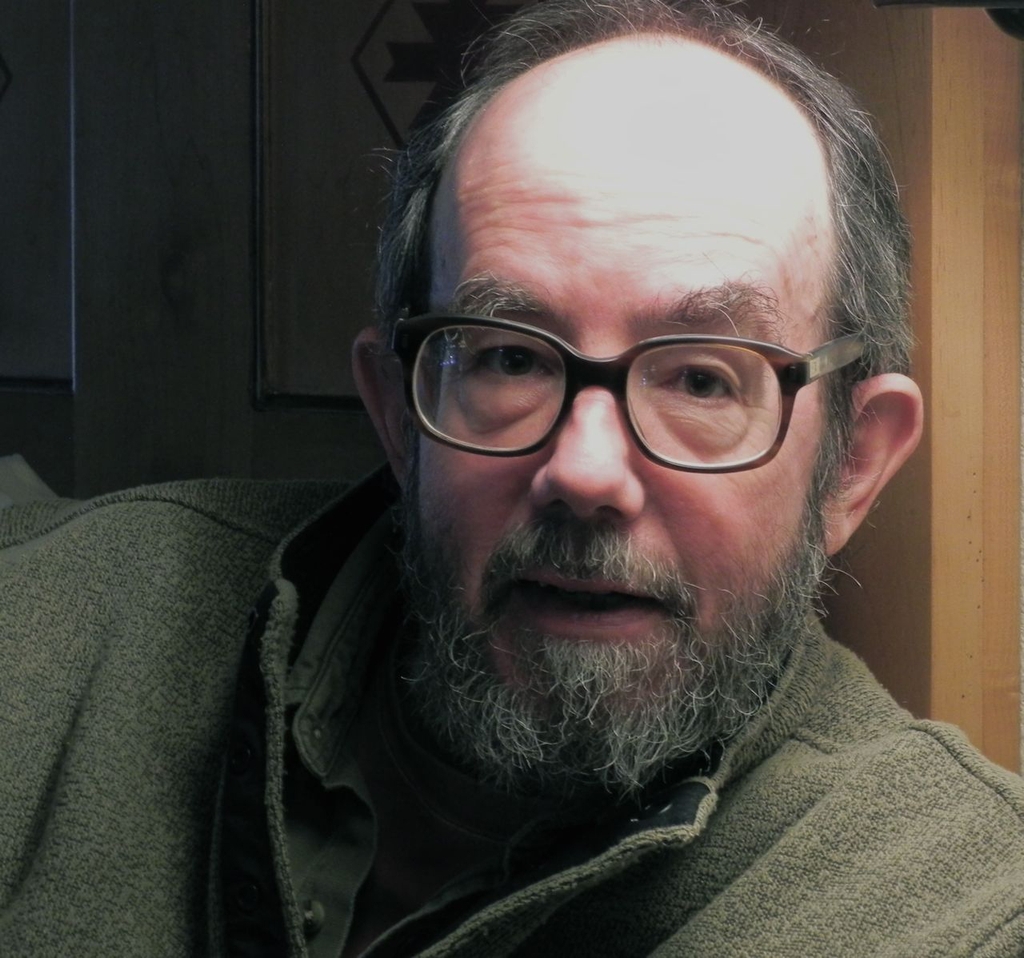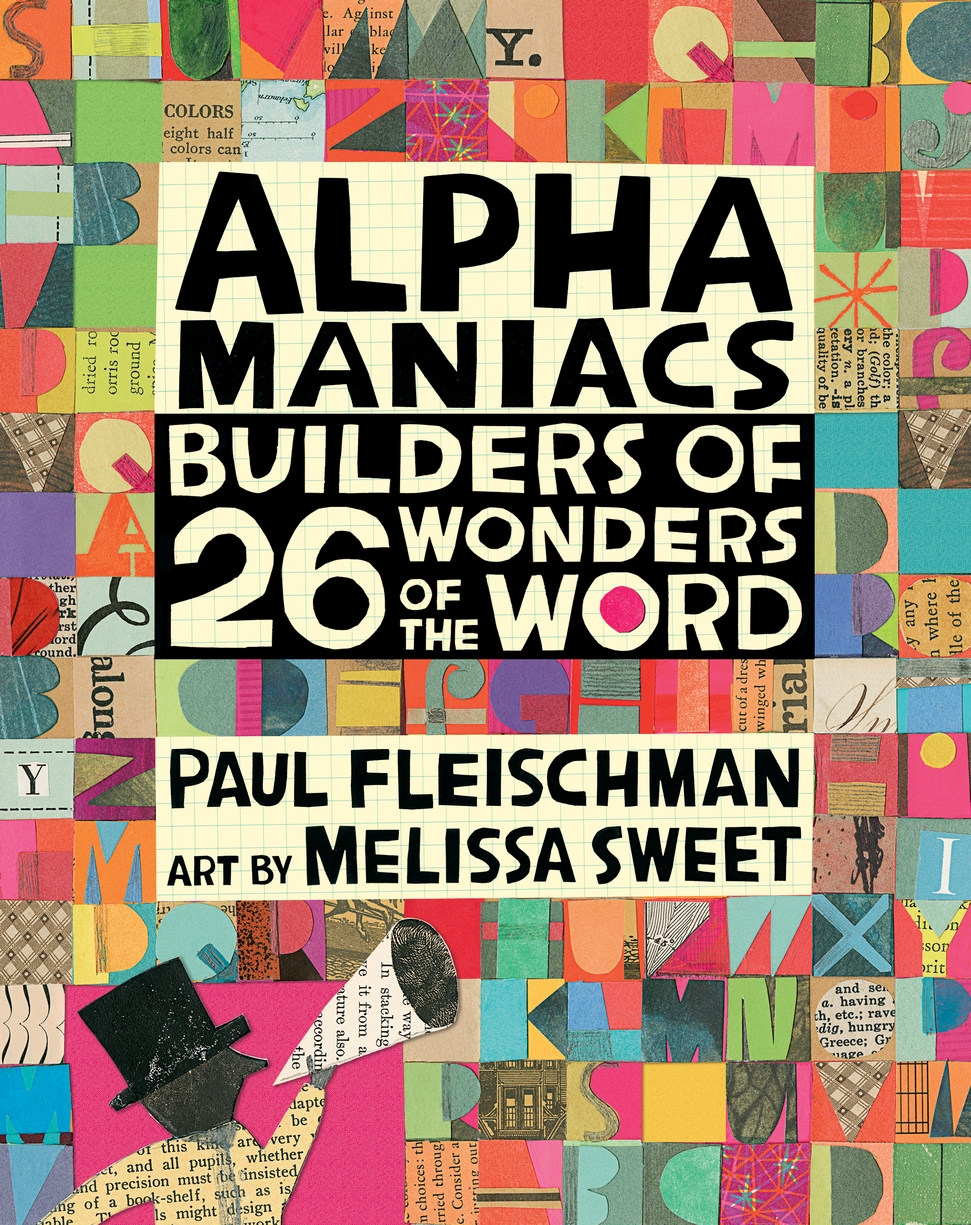
Paul Fleischman
“Step into the wood-shingled house I grew up in, and into the past. You find us gathered in the living room, listening to my writer father, Sid Fleischman, reading his latest chapter aloud. Outside, the breeze off the Pacific, ten blocks away, streams through the fruit trees my parents have planted and rustles the cornfield in our front yard – the only cornfield in all of Santa Monica, California.”
Scant surprise that Paul Fleischman grew up to write Weslandia, about a grammar-school misfit who founds a new civilization in his suburban backyard, built around a mysterious wind-sown plant. A taste for nonconformity and a love of the plant world run through many of his books, including Animal Hedge, in which a father uses a clipped shrub to guide his sons in choosing their careers.
“My mother plays piano, my father classical guitar. From upstairs that evening comes the entrancing sound of my sisters playing a flute duet. The house resounds with Bach, Herb Alpert, Dodgers games, and Radio Peking coming from my shortwave radio.”
From that musical, multitrack upbringing came Joyful Noise: Poems for Two Voices, winner of the Newbery Medal, and Big Talk, its sequel for a quartet of speakers. It’s also the source of the author’s madcap play, Zap, a theatrical train wreck of seven simultaneous plays, the result of a stage company’s attempt to compete with TV.
“My father’s interest in things historical has led to the purchase of a hand printing press. We’ve all learned to set type. I have my own business, printing stationery for my parents’ friends. I read type catalogs along with Dylan Thomas and Richard Brautigan.”
History has informed many of Paul’s books, from the colonial settings of his Newbery Honor book Graven Images, inspired by his years living in a two-hundred-year-old house in New Hampshire, to the newly updated Dateline: Troy, which juxtaposes the Trojan War story with strikingly similar newspaper clippings from World War I to the Iraq War.
“An old issue of Mad magazine sits on a table, along with a copy of the Daily Sun-Times and Walnut, the satiric underground paper I started with two friends, which landed us in the dean’s office today-again.”
What better education for the future author of A Fate Totally Worse Than Death, a wicked parody of teen horror novels,? Or for the visual humor of Sidewalk Circus, a wordless celebration of how much more children see than their elders?
“Thirty-five years later, I still draw on Bach, living-room theater, the look of letters on a page, and still aspire to the power of a voice coming from a radio late at night in a pitch-black room.”

